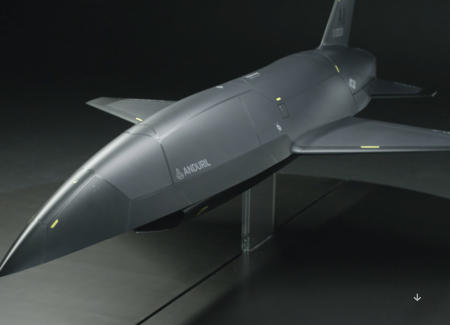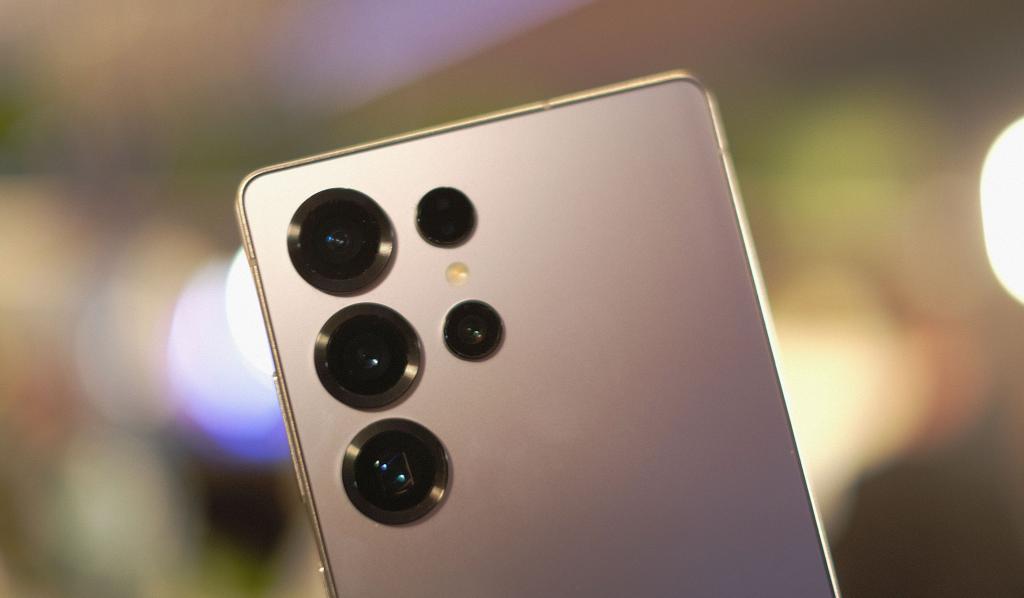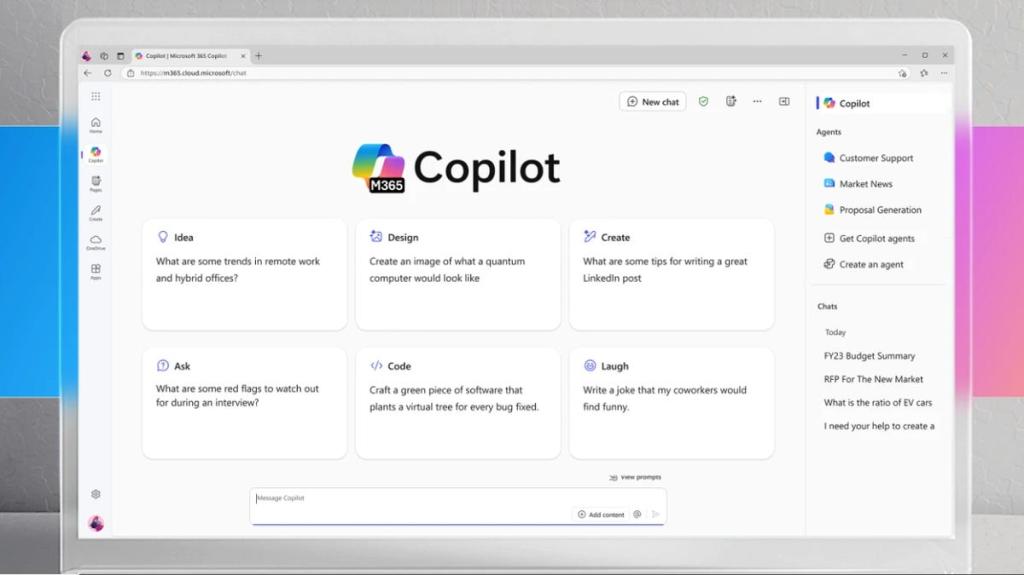OpenAI Partners with Anduril to Transform Military AI Defense
Explore how OpenAI's collaboration with Anduril is reshaping military defense with advanced AI, raising critical ethical and security questions.

Key Points
- OpenAI
's partnership with
Anduril Industriesaims to enhance military defense capabilities using advanced AI technologies to counter drone threats.
- The collaboration raises ethical concerns regarding the use of AI in military applications and emphasizes the need for responsible deployment.
- This alliance reflects a broader trend of tech companies engaging with the defense sector to maintain national security in the evolving geopolitical landscape.
The landscape of artificial intelligence (AI) is transforming at a breathtaking pace, and this rapid evolution has significant implications, especially in defense technologies. A recent partnership between OpenAI and Anduril Industries marks a pivotal step in integrating advanced AI into military applications. This collaboration is not merely about technological innovation; it's also about ensuring national security, maintaining competitive advantage, and navigating the ethical complexities associated with weaponized AI systems.

What Does This Partnership Entail?
OpenAI, the creator of the highly popular
, has often championed the ethical deployment of AI technologies. Until recently, the organization adhered to strict policies that prohibited military applications of its technology. However, in a noticeable policy shift earlier this year, OpenAI opened the doors for specific collaborations with the military, leading to this significant alliance with Anduril Industries. Together, they aim to enhance the capabilities of counter-unmanned aircraft systems (CUAS), particularly against drone threats.
Anduril Industries, co-founded by Oculus co-founder
, is at the forefront of defense technology. The firm specializes in developing high-tech systems, including drones and military software designed for real-time threat detection and response. Their systems can now leverage OpenAI's advanced models to process data more efficiently, ultimately reducing the cognitive load on human operators and improving situational awareness in the field.
The Hypothetical Impact on National Security
This partnership comes at a critical time, as the race between the U.S. and China intensifies in the realm of AI. Anduril's CEO, Brian Schimpf, emphasized, “If the United States cedes ground, we risk losing the technological edge that has underpinned our national security for decades”. This alliance aims to fortify the capabilities of U.S. forces against increasingly sophisticated aerial threats.
Through this development, OpenAI is positioning itself not only as a leader in AI technology but also as a key player in national security efforts. The integration of AI could democratize access to advanced military capabilities, allowing smaller forces or nations to effectively defend against larger adversaries equipped with superior technologies.
Ethical Considerations and Public Perception
Despite the potential benefits, this partnership stirs ethical concerns among technologists and the public. Many worry about the implications of AI in military settings, especially with systems capable of making life-and-death decisions. OpenAI's commitment to developing technology that upholds democratic values is a crucial aspect of this dialogue. Sam Altman, the CEO of OpenAI, reassured stakeholders that their technologies will focus solely on defensive applications, thereby adhering to their ethical guidelines.
This sentiment echoes broader discussions regarding the ethical deployment of AI in defense. For instance, public opposition emerged in 2018 during Google's Project Maven, which involved using AI for drone surveillance. The backlash led to Google stepping away from military contracts, illustrating the complex relationship between tech companies and the military-industrial complex. As AI is increasingly woven into the fabric of national defense, it's vital for these organizations to maintain transparency and uphold ethical standards.
Looking Ahead: Future Collaborations
The collaboration between OpenAI and Anduril represents a broader trend of technology companies embracing military partnerships. Other tech giants like
and
are also exploring the defense sector, indicating a significant shift in attitudes towards military contracts. As these synergies develop, they could lead to groundbreaking advancements that ensure the protection of both military personnel and civilian populations alike.
Moreover, this partnership may very well set a precedent for future AI applications, with the potential to advance beyond military use and significantly impact cybersecurity measures and disaster management initiatives. Such versatility in applications could reinforce the argument that AI, when used responsibly, serves as a powerful tool for societal betterment.
In conclusion, the strategic partnership between OpenAI and Anduril Industries embodies a significant evolution in the relationship between AI technology and national defense. As this collaboration unfolds, it brings with it a mix of hope, potential, and a critical need for ethical oversight. The discussions about the implications of military AI will surely evolve, but the core principle remains: technology should serve humanity and promote safety and security.


